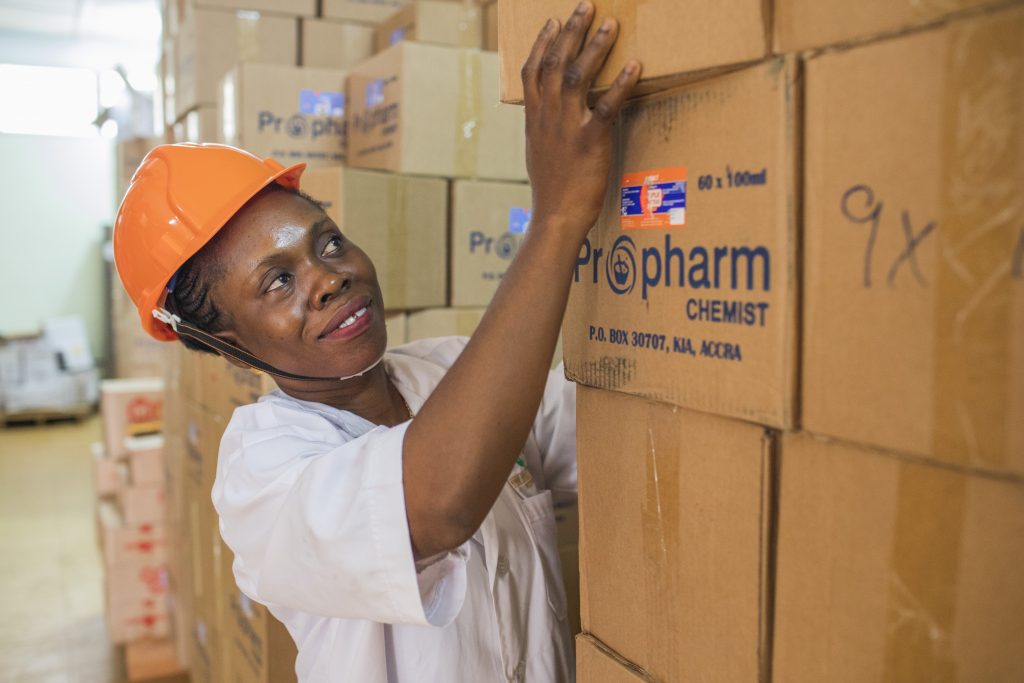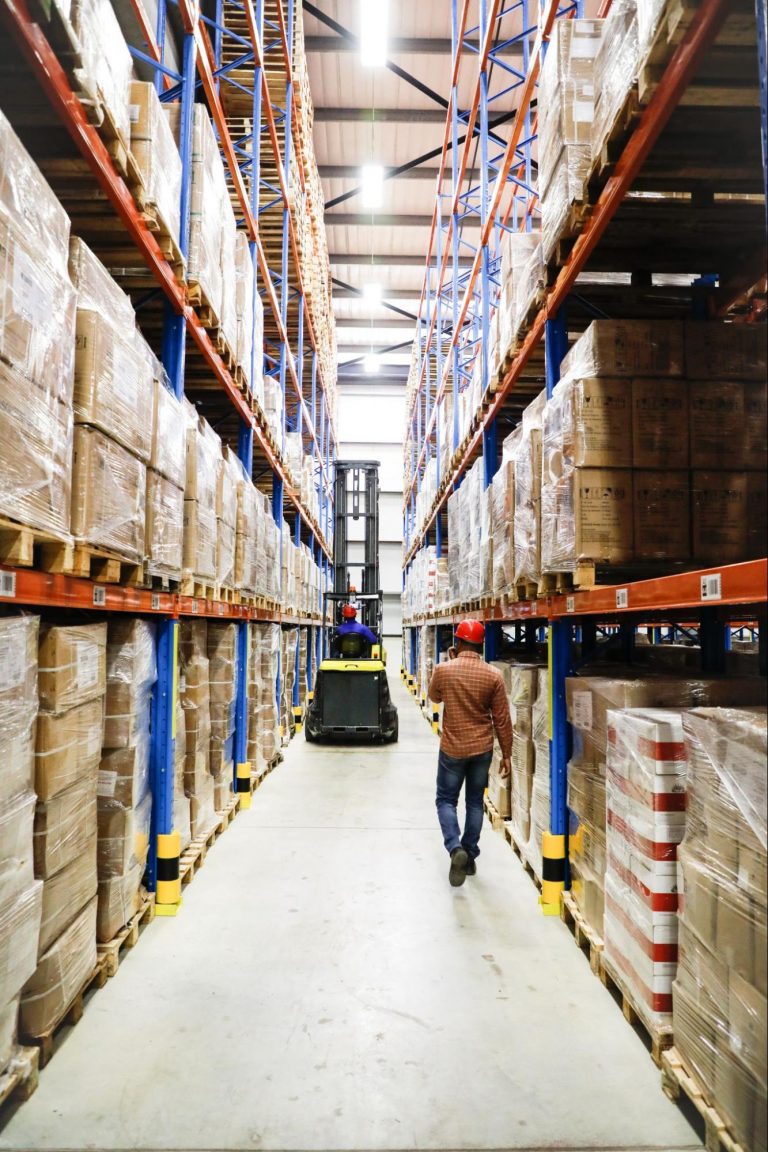 Although an enormous quantity of products moves through global health supply chains on a daily basis, the storage and transportation environment for ambient health products — from international transport through the last mile — is not well understood. Maintaining the proper environment for health commodities is vital to ensuring their quality. It is critical for all health supply chain players and manufacturers to ensure that pharmaceutical products are transported, stored, and delivered to consumers in a stable state. Prolonged climate excursions have adverse effects on the quality and efficacy of medicines making them less effective and unsafe.
Although an enormous quantity of products moves through global health supply chains on a daily basis, the storage and transportation environment for ambient health products — from international transport through the last mile — is not well understood. Maintaining the proper environment for health commodities is vital to ensuring their quality. It is critical for all health supply chain players and manufacturers to ensure that pharmaceutical products are transported, stored, and delivered to consumers in a stable state. Prolonged climate excursions have adverse effects on the quality and efficacy of medicines making them less effective and unsafe.
Starting in 2017, Chemonics, supported by the USAID Global Health Supply Chain- Procurement and Supply Management (GHSC-PSM) project, The Bill and Melinda Gates Foundation and The Global Fund, has collected temperature and humidity data from sensors in international shipments, in-country trucks, among other supply chain locations (warehouses, hospitals, etc.) for ambient pharmaceutical commodities. In 2021, Chemonics partnered with Engineering for Change to standardize, extract, and analyze the collected data and produce a white paper including main findings and recommendations.
E4C 2021 PROGRAM MANAGEMENT TEAM: Mariela Machado, Senior Program Manager; Grace Burleson, Research Manager; Marilynn Holguín Clover, Program Coordinator; Jonathan Kemp, Program Associate
ADVISORS AND COLLABORATORS: Chemonics’ Development Research and Chemonics’ Supply Chain Practice Team
This research was completed as part of the 2021 E4C Fellowship program. Learn more about the Fellows who worked on this research collaboration by connecting with them on LinkedIn: Paulo Vela, Julius Mugaga, and Erin Peiffer.

No Comments.